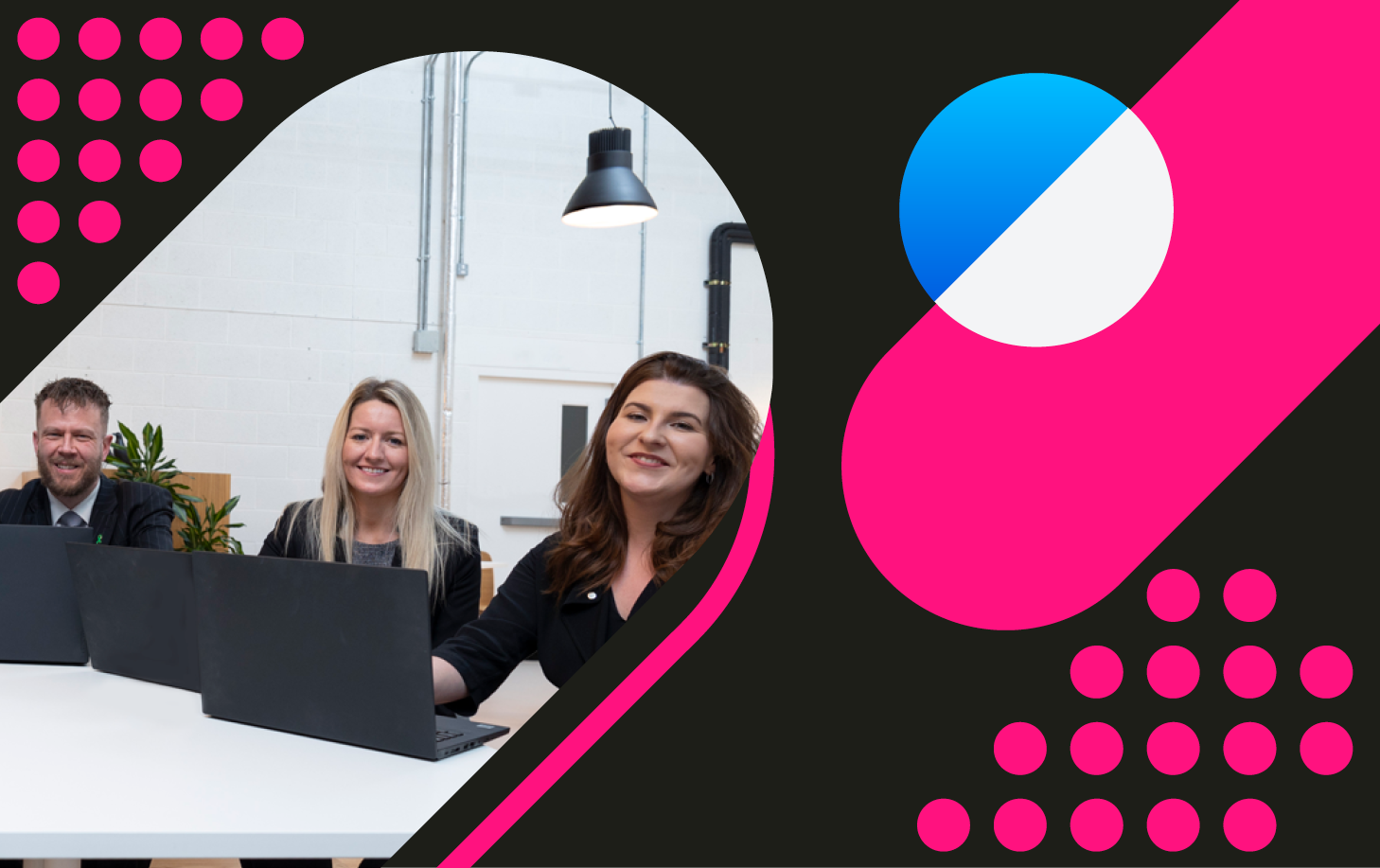
Automation set to increasingly do the heavy lifting for a more efficient NHS
InnoScot Health Project Manager Paula Sweeten believes innovation aimed at increased process automation is a healthcare game changer
Process automation technologies clearly offer huge potential benefits to healthcare with software able to increasingly do much of the heavy lifting.
As the process of NHS renewal and transformation continues, with methods of making processes more efficient and cost-effective being closely examined, innovative tech which can free up staff to concentrate on other more value adding tasks could mean a big time-saving win if implemented correctly.
We are already seeing automation benefits coming through – particularly with headline-making artificial intelligence (AI) simulating human cognitive processes and decision making in areas such as breast screening – and it looks like there is much more to come which will continue to supplement human expertise while reducing administrative burden.
Indeed, other forms of software-based process automation are increasingly showing just as much promise in emulating human execution and improving both staff and patient experiences.
Robotic Process Automation (RPA) performs computer tasks in much the same way as a person would, but automatically carries out basic manual and repetitive tasks while interacting with digital systems to ensure the greatest possible efficiency – from triage and consultation, to appointment management, prescription processing, and referral.
Intelligent Automation (IA) is meanwhile facilitating the integration of robotic and intelligent systems from various emerging technologies, in turn extending automation beyond more simple tasks.
The ability to communicate with other digital systems is key to the future of process automation, opening up new and exciting possibilities. It also means further data capture and interpretation as we look towards honing greater complexity and widening the scope of capabilities.
Those possibilities are exciting for patient and staff alike – particularly when it comes to cutting down on overlap of virtual, telephone, or in-person appointments. Process automation in these circumstances can mean automatic generation of letters, follow ups, or notifying staff of the need to take action. Automated identification of patients with multi-morbidities can be a further benefit, allowing patients to have a single review, as is software providing staff prompts to remind them to gather patient information ahead of appointments while linking to patient records for review.
Full automation should not be a pipe dream – it is now within reach.
Change will happen incrementally – partly to ensure patient safety, partly because the software may need customisation to meet localised needs – but it seems certain that the impact of process automation will be widely felt.
Paula Sweeten, Project Manager, InnoScot Health
No wonder then that NHS Scotland is actively investing in it. Only recently, it was announced that Infix Support’s clinician-led, cloud-based software had won an NHS Scotland contract to optimise operating theatre efficiency following a competitive procurement process.
The development of a more intuitive system for operating theatre optimisation is considered to be a game changer, and Infix: Schedule will now be rolled out across NHS Scotland during the next 12 months.
It is a timely step with NHS staff continuing to face challenges in reducing surgical operating lists amid a clear need to significantly increase efficiency. Infix: Schedule aims to improve the health of patients who can be operated on sooner, while reducing the morbidity and mortality of those waiting for their surgical treatment.
Infix – founded by NHS Golden Jubilee consultant anaesthetist Dr Matthew Freer in 2019 – successfully piloted its Schedule software across three NHS health boards, starting with NHS Lanarkshire, enabling operating room efficiency to be improved by up to a quarter and the completion of thousands of additional operations.
The ethos is straightforward – recognising that new technology must integrate within the legacy systems in place across all health boards and change ingrained behaviours if they are to be effective.
The automation touchstones are all there – increasing productivity, removing paper processes, and reducing administrative burden – with Infix applying them in this case to the creation and approval of theatre lists, underpinned by technology that standardises scheduling workflows, simplifying processes, reducing unnecessary downtime, and maximising the use of existing facilities.
Dr Freer said that Infix had successfully shown how its “best-of-class technology can have a transformative impact on theatre efficiency” but was most pleased that it “will now be able to ease the pressure for health boards and improve the lives of so many patients across Scotland”.
Successful automation in other areas is not a given, however – it requires decision makers to see the value in such innovation and to be convinced by it. Furthermore, users must be trained in how to operate the software properly and encouraged to embrace it, so a familiarisation and buy-in process is required.
Change will happen incrementally – partly to ensure patient safety, partly because the software may need customisation to meet localised needs – but it seems certain that the impact of process automation will be widely felt.
InnoScot Health is keen to hear from innovators who are actively on the lookout for efficiency opportunities within NHS Scotland and wish to come forward to submit their ideas.

Expert advice at every stage
Having an innovative idea is just the beginning. To realise the full potential of that lightbulb moment and accelerate it onto the market, a range of expertise, insight, and resource is required.
InnoScot Health has 20 years’ experience of working with innovators and companies to transform ideas into viable products and services that improve patient care. Whether that be a medical device, piece of software, or medicine, our innovation pathway provides expert support at each stage.
Chat